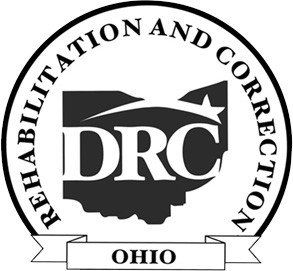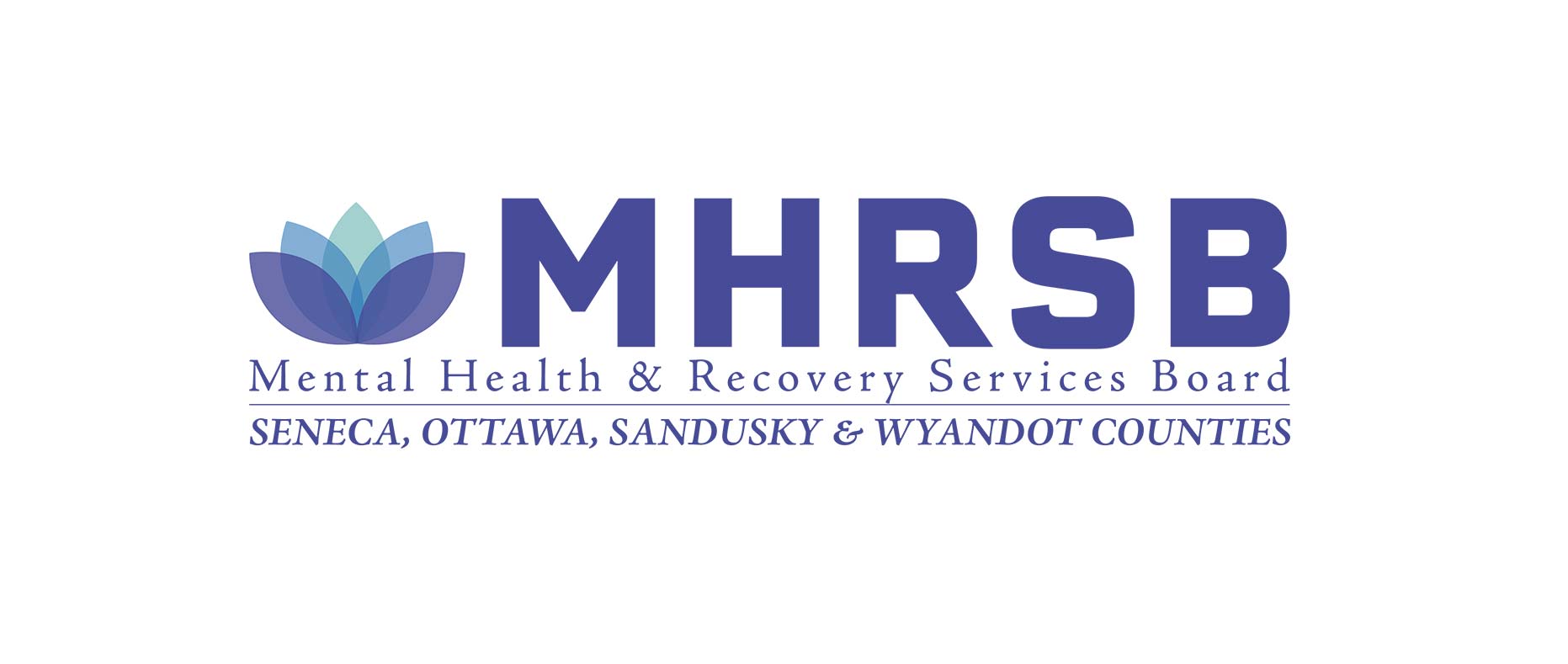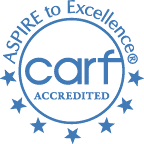The Ohio Psychology Internship Program
The Ohio Psychology Internship (OPI) is an APA-accredited internship program in Northeast Ohio committed to the quality training of psychology interns. OPI has been a member of the Association of Psychology Postdoctoral and Internship Centers (APPIC) since 1998 and formerly participated in the National Match. Previously known as NEOUCOM Psychology Internship, the internship formally changed to Ohio Psychology Internship on July 1, 2006. At this time, we will not be accepting interns beyond the current internship cycle (2025-2026 internship year).
Questions related to the program’s accredited status should be directed to the Commission on Accreditation:
Office of Program Consultation and Accreditation American Psychological Association
750 1st Street, NE, Washington, DC 20002
Phone: (202) 336-5979 / E-mail: apaaccred@apa.org Web: www.apa.org/ed/accreditation
For further information, contact:
- Tara Toscano, Psy.D.,
Training Director, Ohio Psychology Internship Program
- Deborah R. Walsh, Ph.D., Program Director, Ohio Psychology Internship Program
Ohio Psychology Internship is an Equal Opportunity Employer. The internship agrees to abide by the APPIC Policy that no program representative will solicit, accept or use any ranking-related information from any intern applicant before Uniform Notification Day.
The Ohio Psychology Internship Program
We will not be accepting interns beyond the current internship cycle (2025-2026 internship year).
All interns match to the Outpatient Forensic Services site for a 40-hour a week internship (2,000 hour internship). Each intern's schedule is developed to incorporate therapy (group and individual therapy), assessment, and evaluation opportunities. In addition, interns may choose to facilitate brief therapy to individuals in Community Corrections settings. There also is an opportunity for an intern to be a court treatment team member. Didactic trainings occur in 3-hour blocks, at least twice a month. Schedules are developed after matched interns provide their preferences for the varied services and populations we serve.
Throughout each week, all interns will have:
• 2 separate hours of individual supervision
• 2 separate hours of group supervision
• Documentation time each day
• Direct contact hours with clients, which varies based on intern interest (14-16 hours per week)
• Interdisciplinary meetings in the form of staff meetings and/or meetings with referral sources
• Time allotted for evaluations that can be used for documentation if no evaluation is scheduled/preferred
The Program Philosophy…
The program's philosophy is to provide each intern with sequential and graded training through a wide range of psychological experiences, thereby identifying and highlighting the areas of competence necessary to become a well-rounded clinician. Interns practice in the areas of assessment, evaluation and therapy (individual and group). Licensed psychologists supervise all interns with an emphasis on shadowing and modeling. Along with the above experiences, interns attend staff meetings, case conferences, seminars, and workshops.
Training Model…
The Ohio Psychology Internship Program follows a Community Based Practitioner Model. Interns are trained to work as psychologists within a community mental health services continuum. Interns gain exposure to clients as they experience different layers of the mental health system. For example, interns may work with a client recently discharged from an inpatient hospital into outpatient services at a community mental health center. Similarly, interns can work with clients in a community-based correctional facility and continue services in an outpatient community agency. The consortium agencies provide training in a continuum of community-based care:
- Least restrictive to most restrictive level of care
- Voluntary treatment to court-ordered to incarcerated
- Adjustment disorders to severe mental illness
- Early adulthood through gerontology clients
- Crisis to outpatient to incarcerated to return to the community
- Interns provide their service preferences based on primary training interests and are exposed to all community-based treatment levels through didactic seminars and joint case presentations.
- Interns are provided training experiences that enable them to enter employment in various community and correction settings – including a wide range of community forensic services, inpatient treatment, community mental health, and correction facilities. Interns have also been offered positions in forensic waiver post-doctoral programs post-internship!
Rotations, Positions, and Range of Activities
Number of Rotations and Positions
We will not be accepting interns beyond the current internship cycle (2025-2026 internship year).
Currently, there are no positions available through the Ohio Psychology Internship at Summit Psychological Associates for Outpatient Forensic Services, which includes opportunities for training at Oriana House (community corrections).
The Training Director and OPI Training Committee review applications for meeting general requirements for the internship: Readiness for the internship is verified by the graduate program director of clinical training, a minimum of 300 Intervention Hours and 50 Assessment Hours are completed, a preference is given to applicants from APA accredited graduate programs and to applicants with a Master’s Degree in a counseling or clinical psychology degree. Supervisors also review applications for a good match in applicant interests and training goals, and a good fit with previous experiences. Applicants identified as a good fit for the program are offered an interview. The interview process includes required attendance at an informational session hosted by the Training Director and an individual interview, along with optional attendance at an open house with current interns. The Ohio Psychology Internship Program will not discriminate against any person or group of persons based on their race, ethnicity, religion, gender, national origin, age, color, sexual orientation, physical or mental handicap or disability, veteran status, or because they are a disabled veteran.
Intern Range of Activities
In order for interns to become well-trained psychologists, competency in a variety of specific clinical areas must be developed. These competencies are based on APA's Profession Wide Competencies and are reviewed at the beginning of internship then interns are provided quarterly evaluations displaying each interns' progress with each competency. To ensure that these competency levels are attained, the Internship Training Committee has established a number of requirements that each intern must complete. These requirements cover a wide range of site-specific activities and responsibilities generally expected of psychologists. The following are covered in the internship requirements:
- Group Therapy
- Individual Psychotherapy
- Multidisciplinary Team Participation
- Ethical Considerations
- Agency Administration
- Forensic Psychology
- Multicultural Issues
- Assessment and Evaluation
Specific tasks in each category must be completed during the 2,000 hour internship year. Each intern works closely with their assigned supervisor in refining the necessary skills to complete these requirements with quality and professionalism.
Seminars, Benefits, and Procedures
In addition to the individual instruction provided by each intern’s supervisor, the training committee has coordinated a series of seminars. These required seminars cover various clinical and forensic topics. Training seminar topics include forensic assessment and treatment, supervision, ethics, diversity training, psychology of sex offenders, sex offense treatment, providing expert witness testimony, working with clients who have an intellectual and/or developmental disorder, professional development and others. Interns are encouraged to suggest ideas for additional seminar topics that meet their specific training needs.
Interns are also encouraged to take advantage of the many workshops and experiences offered by area professionals and national organizations, including the Ohio Psychological Association and the American Psychological Association. Attendance at these workshops is arranged by the intern, with the approval of their supervisor. Two days of leave time are provided to each intern to attend workshops. The cohort also will visit the National Psychology Museum in the area.














